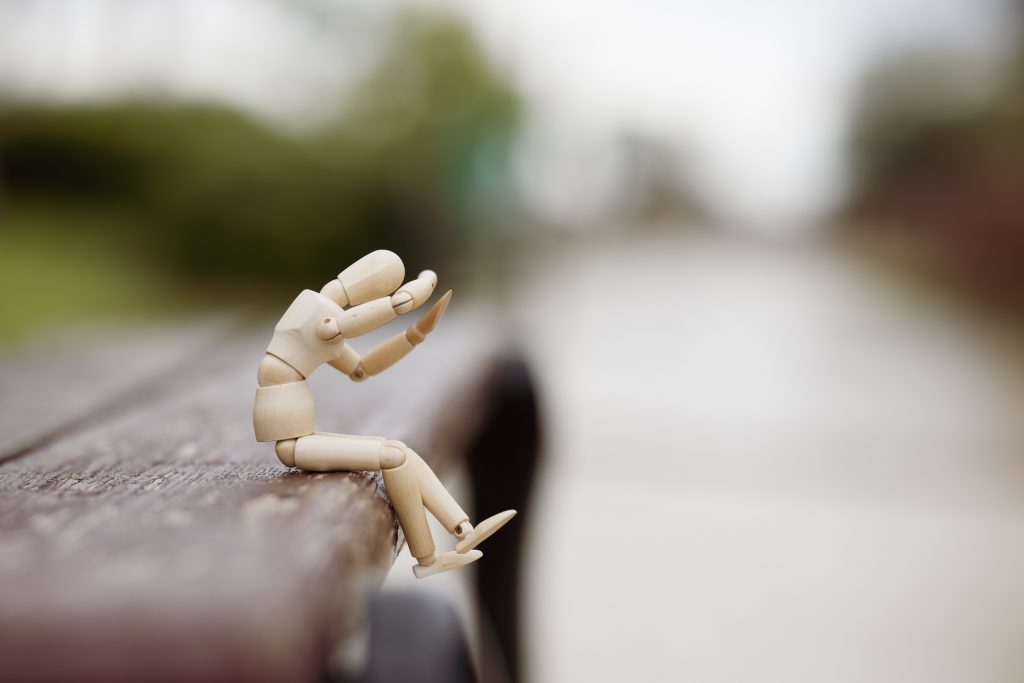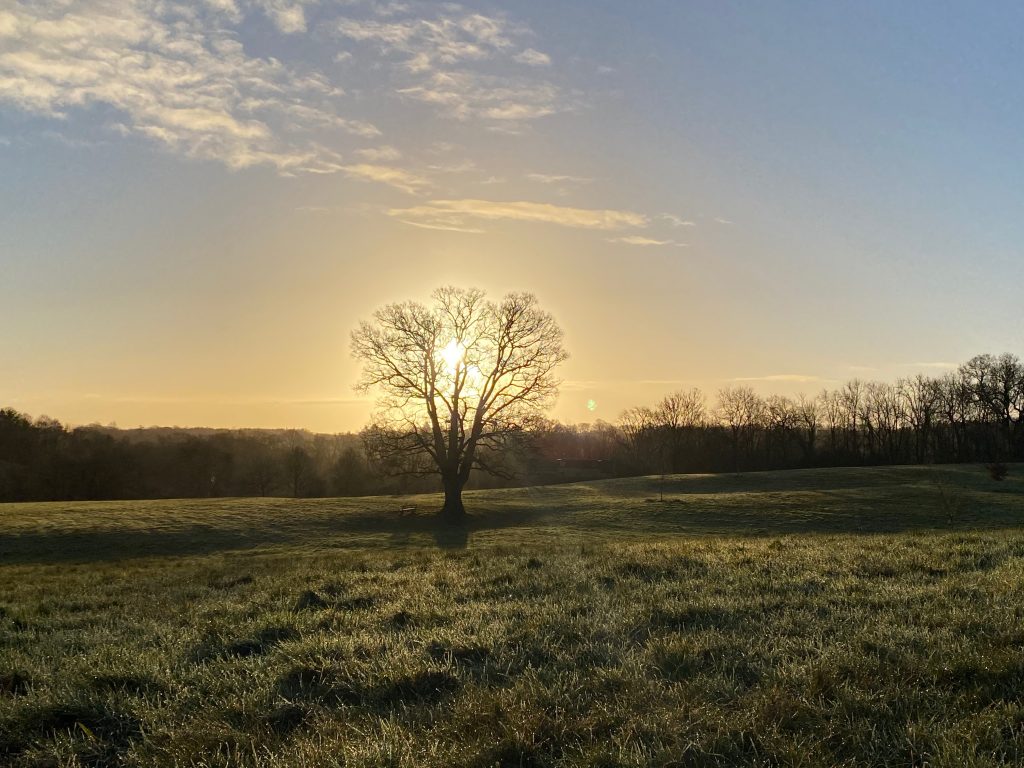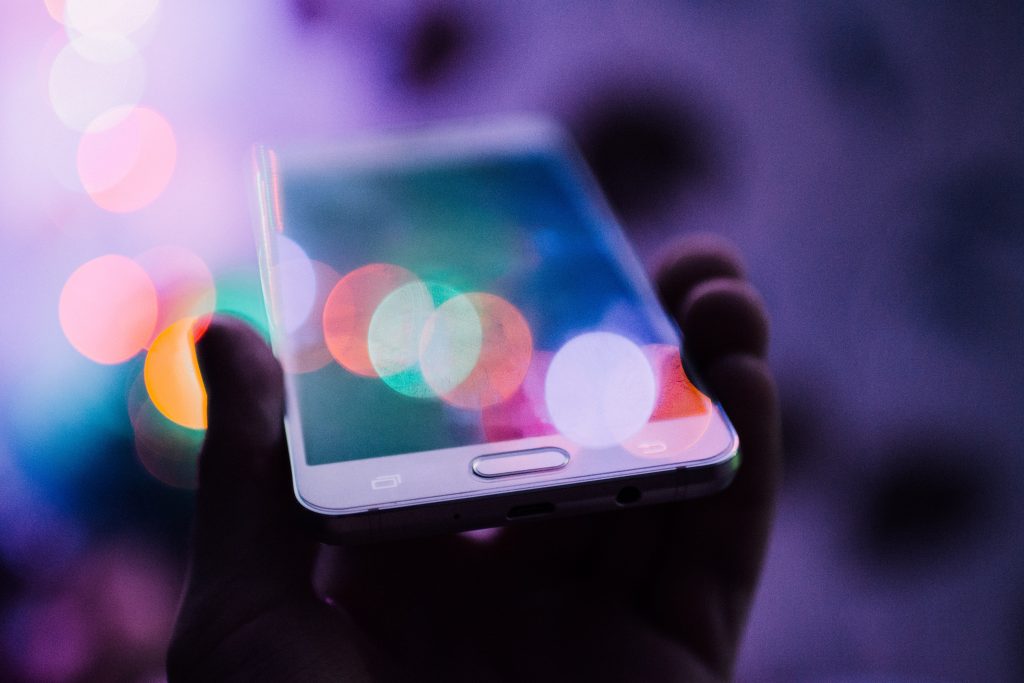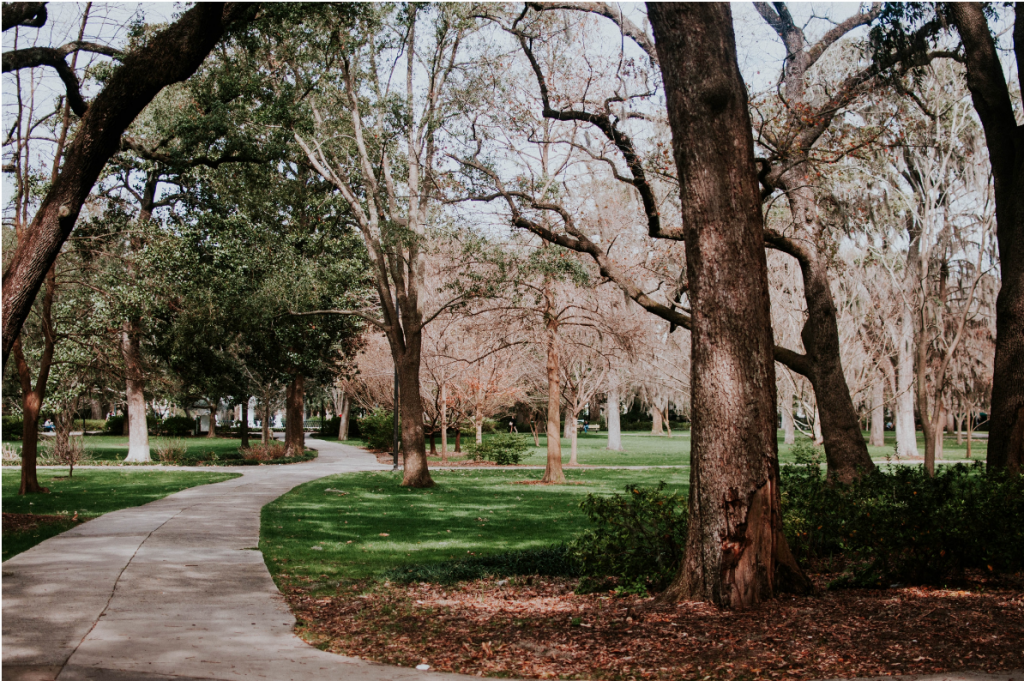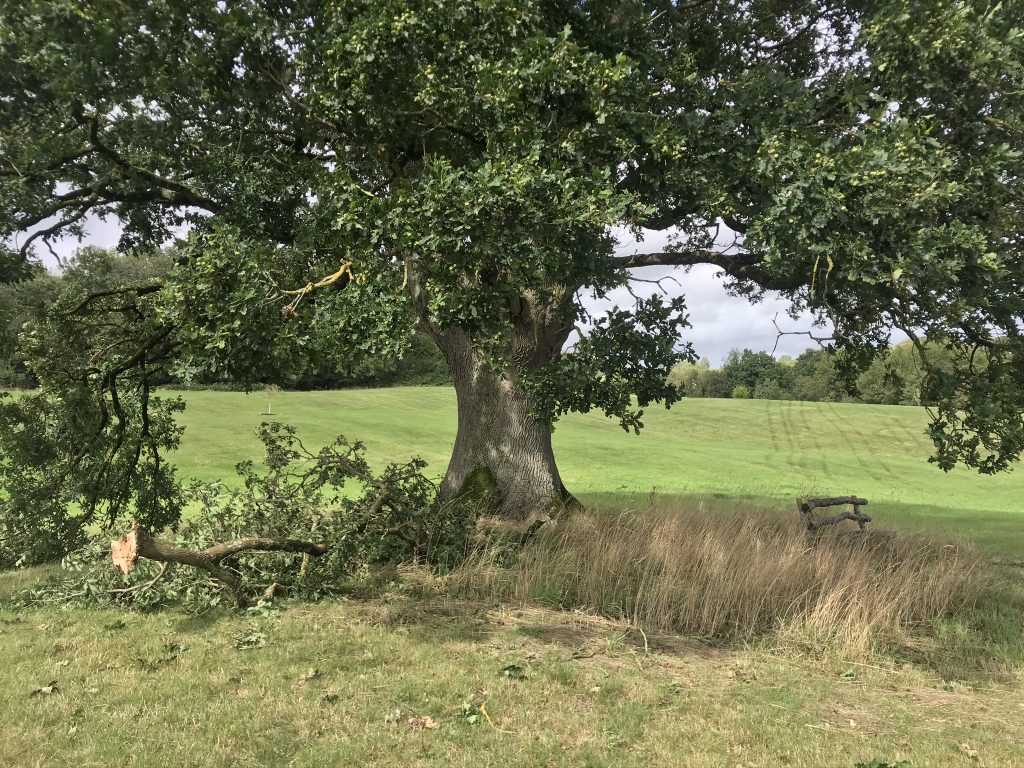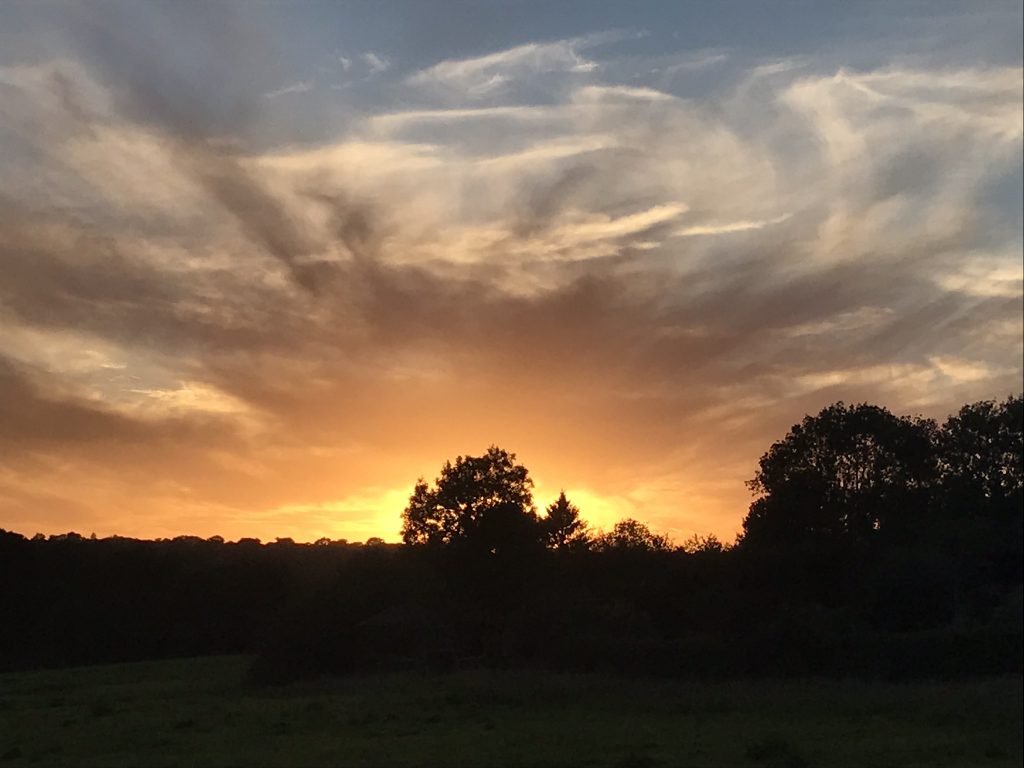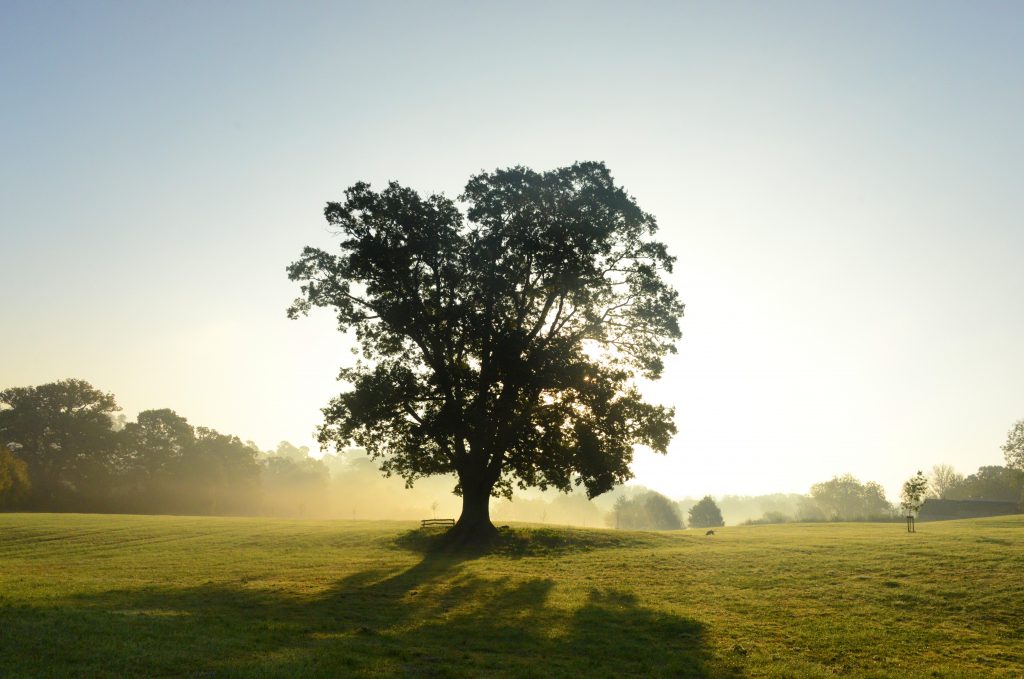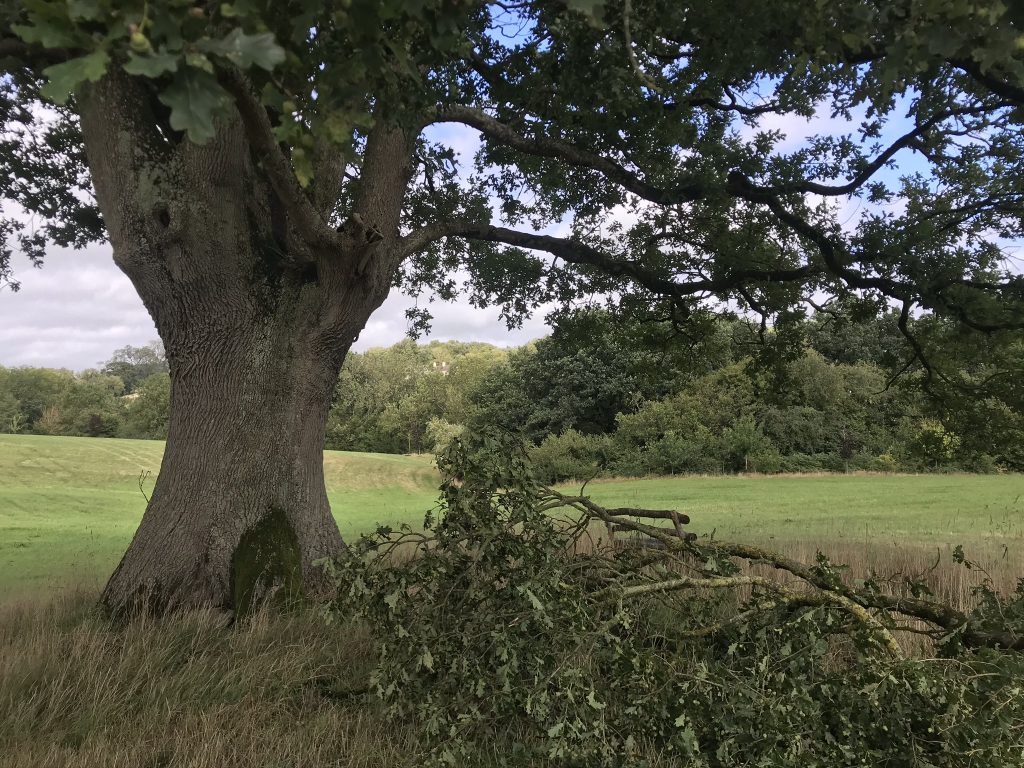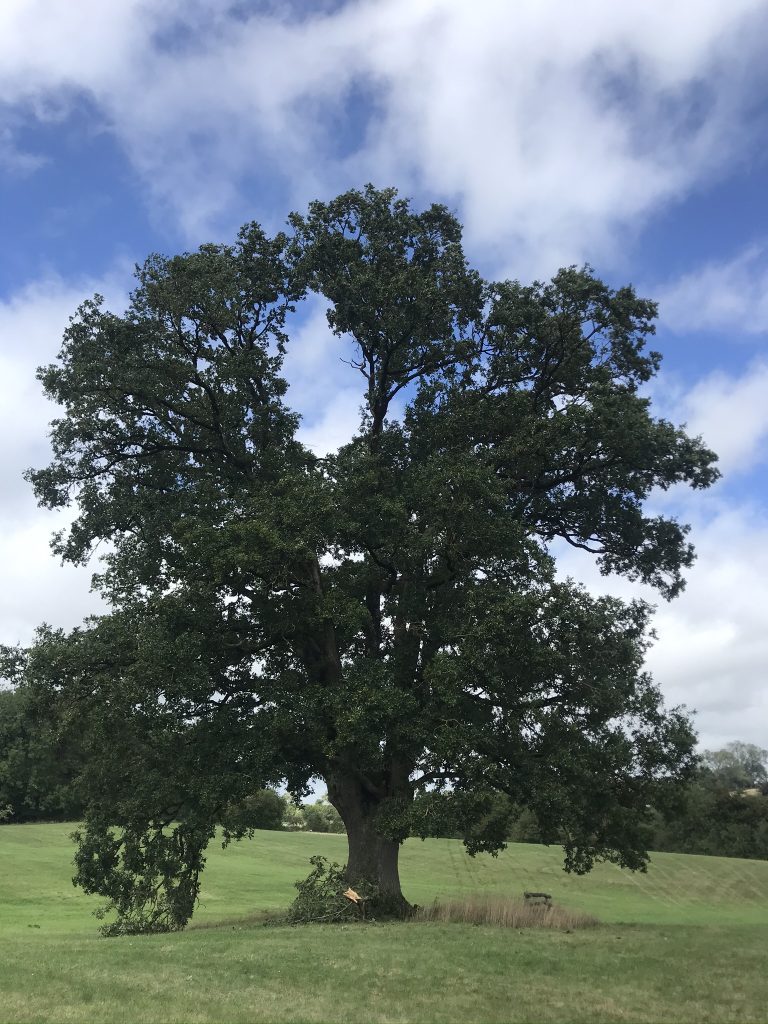Written by Lara Just, January 2021…
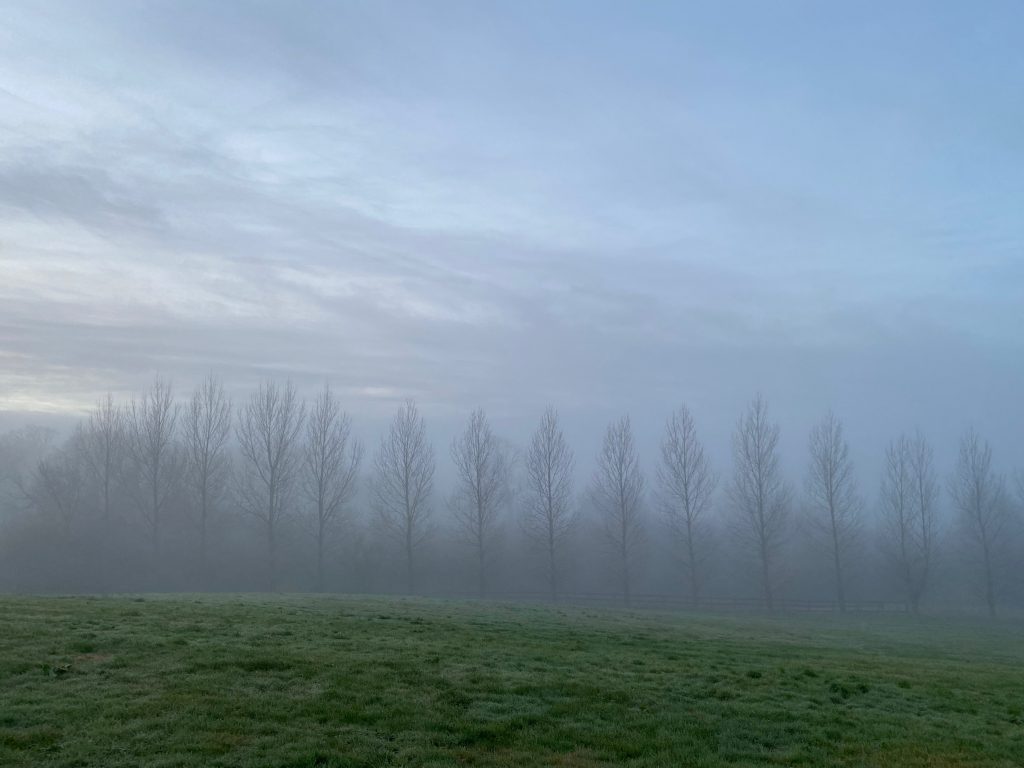
This year has been a strange year to say the least. When I wrote the newsletter at the beginning of the year entitled “Meeting 2020 with Horns”, I didn’t realise how much we needed a set of them, considering what we have all gone through this year as a result of the COVID-19 pandemic and multiple lockdowns on a global scale. This blog is a little stocktaking of this year here in my psychotherapy practice and introduced a few different topics; like how to cope with what I call the new trend of ‘desocialisation’ and how to deal with loneliness and isolation, and there are some film, music and book tips for the Christmas break…
Amidst a global pandemic and various ‘lockdowns’ and semi lockdowns across the world, many people have suffered great challenges. May that be from job losses, financial losses, the loss of loved ones or other losses. Also emotionally many of us have found it challenging and felt socially isolated despite a massive increase of social media activity, virtual and online meetings.
The challenges around not visiting friends in their homes. Not to be able to travel as much as usual. Not to hug. To have to wear masks. Gone are the cues we take from faces. Stepping back by two meters. Impersonal. Disconnection.
Mental health challenges have come to an all-time high these past few months particularly towards the darker winter months. The lack of connection, or to be physically close to others has been replaced pretty much by virtual connections only.
These developments seem to have contributed to great distress in some people, with decreasing self-esteem and confidence, and increasing anxieties and sadness. Above all – an increase in intense feelings of loneliness.
However, the experiences can be quite polarised, and this statement isn’t true for everyone. Some people say that they have experienced overall increased happiness levels since the COVID-19 outbreak, which seems to depend on personality and unique circumstances –more to this a little later further down.
Towards the end of the year we have seen a huge increase in demand for psychotherapy however, at least this is what my colleagues and I have experience here in the Northern Hemisphere. The biggest wave hit in the second lockdown with the onset of the dark winter season – which seems to add pressure to our capacity to copy. Many therapist practices are overrun and waiting lists are long.
The general themes that have come up are a sense of frustration, lack of motivation, sadness, and feelings of social isolation and loneliness. Social media seems to be used more to try and stay connected, but in return has contributed in fact to increased feelings of loneliness. This is tough to balance out as we seek more connection right now, and yet many of us feel more and more disconnected from others and themselves. I am writing a bit more on those topics and how to cope or deal with this over the lockdown period in my two most recent blogs, see here.
However, for those of us that are more introverted or no social butterflies, the lockdown(s) may have come as a welcome relief and break as described by one of my clients. Those clients who have shared this with me hesitantly, have immediately felt a sense of guilt and shame following their disclosure. One person even shared “Covid-19 was the best thing that ever happened to me…”
If you have felt like this, try not to feel guilty or ashamed. There are actually quite a number of people who have felt secretly or outwardly so. The relief may be more about not having to go anywhere, to commute to work, or travel anywhere, to deal with all the daily pressures of organisation, appointments and arrangements. Or even the fact for some to NOT see their family, for those that have very challenging or dysfunctional family dynamics. In this case it serves as a near ‘good excuse’ to not have to deal with these difficulties, at least for now.
Others felt relieved to finally have had an external source give them ‘official permission’ to slow things down a bit. To rest more. To BE more. To re-evaluate. To spend some needed time with our closest loved ones; or just on our own. Away from shops and busy activities, appointments, arrangements.
This of course depends entirely on each person, their background and family relationships, support systems, interests and the environment they have access to.
But what the different even opposing reactions have in common is in the end one thing: how we cope and feel being in our own company.
That and being away from the usual frantic hustle and bustle and moving about which was ‘normal’ before.
Some of us do this well, even crave it and feel safer alone or more at ease and peaceful by themselves. Others feel an incredibly high amount of anxiety, discomfort, abandonment, rejection, fear and sadness at this loss of continuous connection to the outside. As a result losing the connection to the inside (our Self) too.
And when it hits our personal lives in some way, all of this hits very much home and becomes very real of course.
I recently reconnected with a long-lost friend of mine. We worked together twenty years ago, when I embarked on my first corporate career in my early 20ies which was taking off at the time. He was a mentor, even like a father figure to me. I always valued how he took me under his wing, and also became my friend. Many conversations were shared in the company canteen over lunch. Secretly I was envious of his daughter having such a loving, humorous and gentle man as a father, whom everyone seemed to like and sought advice from. Who even later when he retired took on the marketing side of her business and then even helped to sell it for her. And we lost touch as it can often happen when people move on, move away, change countries, careers etc.
When we by chance connected again this year; he found me via one of the professional social media sites, I found out he had just lost his long-.oved partner of fifty years a few months ago. And only two years earlier his own daughter lost her long-standing battle with cancer being only in her late 40ies and leaving behind two teenage children. He now lives on his own having to cope with the losses and grief by himself. He does have some golfing buddies, but Tier 4 lockdown restrictions make it hard to be allowed to do anything in some places of the country.
I am still so struck by grief and sadness for him even thinking about this and writing this. We looked forward to catching up and planned a weekend to meet to reconnect. But three times over this year it had to be postponed: first it was the first UK lockdown, then the second time my car broke down and required expensive repair that took a number of weeks, and then the second UK lockdown as we are heading into Christmas – what are the chances!
And this is where it is much tougher and difficult esp. for elderly people or those living alone or by themselves. Those of course who lost anyone due to the virus or also other reasons.
Outside meetings (socially distanced) and online meetings are then the main form of social connection, where possible.
This made me think a lot in general about how our lives have changed with technology, which already happened long before Covid-19, but kind of got fast-tracked even more since the outbreak this year. The rapid increase and changes in how we use technology, and social media. Is it helpful and positive or can it be dangerous to our mental health and wellbeing? Why is it good to take a social media break? How can this be balanced with the need for connection in a time when we are not allowed to connect physically in person as we were used to?
I wrote a bit more about these topics in my most recent blogs: Changed World: Coping with the new trend of “Desocialisation” and Top Tips to Cope with Loneliness and Change this Lockdown Christmas: Year 2020 Round-Up and how to transition smoothly into the New Year 2021.
There are some film tips and also for further book tips, have a look at the end of my December newsletter link here.
I hope you are able to sit tight, stay warm, remain patient, keep faith and enjoy some nurturing self-care this Christmas break and some gentle planning for the New Year.
Have a good Christmas and Happy New Year 2021 – here is to a smooth transition!
Warm wishes,
Lara
